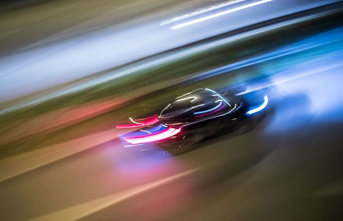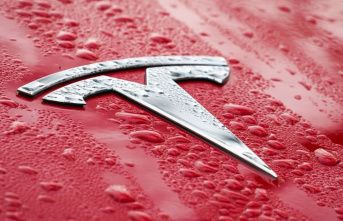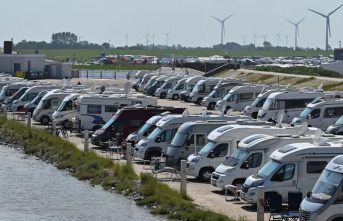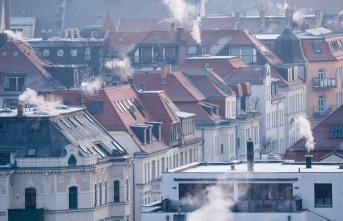For as long as there have been cars, lobbyists have been buzzing around the world fighting for the interests of manufacturers. In Berlin's Invalidenstrasse 44, the doors are particularly wide open to them. This is where the FDP-led Federal Ministry of Transport is based. Party leader Christian Lindner and Transport Minister Volker Wissing postulate "technology openness" for future car drives at every suitable opportunity. You really shouldn't rule out anything that helps the environment! That's what the manufacturers like to hear, and that's why there's always a lot of applause for it.
The liberals are surprisingly successful with their strategy. You can see it with the topic of green hydrogen. Until a few weeks ago, it seemed clear that in future cars would be driven almost exclusively with batteries and electric motors because no technology is more efficient, but fuel cell cars powered by hydrogen are suddenly back in the race. Federal Minister of Economics Robert Habeck preferred to reserve the climate-friendly but rare gas for applications for which there is no direct electrical alternative, such as the decarbonization of industrial processes, and to enshrine this principle in the new "National Hydrogen Strategy". This is currently in the political voting process and should be completed by Easter. But the FDP was able to clear the taboo. As things stand, green hydrogen should also be available for cars in the future.
What luck for corporations like BMW. The Munich-based company has just launched a fat hydrogen fuel cell SUV called the iX5 Hydrogen. The strategy of the FDP is clearly aimed at friends of such powerful cars. While climate researchers are unanimously calling for fewer, or at least smaller, cars with electric drives in the future, the FDP wants to ensure the survival of the energy-guzzling luxury and sports classes, which today as e-cars have to go to the charging station quite often.
Hydrogen, on the other hand, can be refueled almost as quickly as petrol. The same applies to e-fuels, the artificial fuel that the liberals in Berlin and Brussels are passionately fighting for.
If hydrogen (and e-fuels) can be burned on a large scale on German roads in the future, that will be a fatal signal. On the one hand, the federal government is issuing its citizens with a license to waste energy, because these energy sources consume up to five times more green electricity than electric cars due to their complex production. On the other hand, millions of subsidies threaten to flow into these inefficient drives. Money that could be used much more urgently and effectively elsewhere, for example to switch the heating supply of residential buildings to sustainability.
The discussion about the right car drive of the future is conducted with a lot of scaremongering, and Lindner and Wissing also contribute to this. The restructuring of mobility opens up many opportunities, while the restrictions on mobile society are few. Even if the EU bans the sale of new combustion engines from 2035, there will still be petrol. However, a liter of it will cost significantly more than it does today, and that's a good thing, because only the CO₂ polluter pays principle can apply in the climate fight.
And, dear FDP voters: Eating kilometers will definitely also work with e-SUVs in twelve years. Solid-state batteries are in development that can recharge a range of 1000 kilometers during a coffee break at a rest area.











